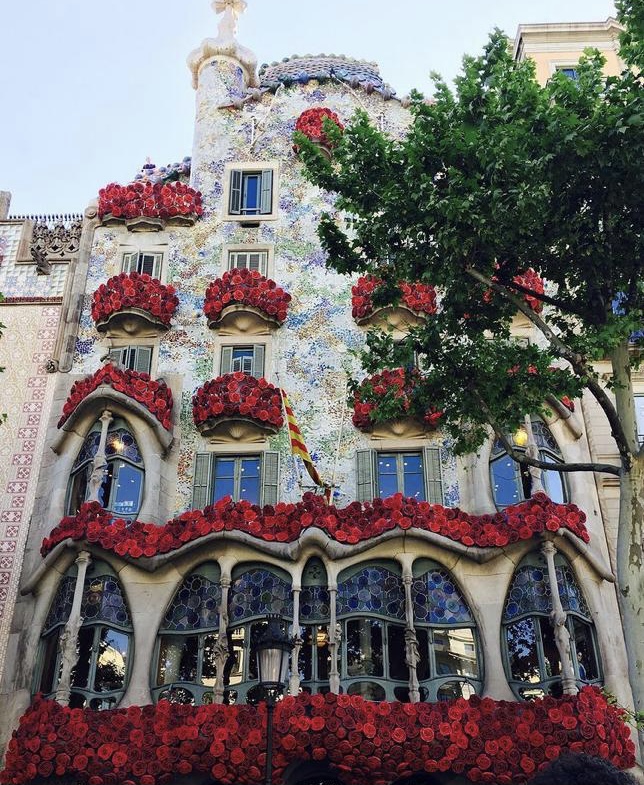23rd April: El Día del Libro & Sant Jordi - Sharing the Joy of Reading and Literature
What is El día del Libro?
Spain historically celebrates Book Day (El Día del Libro) on 23rd April. It is a wonderful day, where we make a point to share the joys that books bring us, exchange stories and encourage the passion for reading. Generally, bookshops offer discounts and organise book signings and author events (pre-covid, that is). It really is a joyous day to empower the love for books and literature.
How does Catalunya celebrate on this day?
Catalunya has its own celebration too, as in the region 23rd April is their patron saint’s day Saint George. The festival of Sant Jordi has taken placed since the 15th Century, originally, men were given books and women a red rose. Tradition has evolved and books and roses are now exchanged between couples, friends and families. The region sees many book fairs and pop-up stalls set up all over and generally it is a great occasion where people buy books for each other, have the chance to meet their favourite authors and share reviews and ideas. The streets are buzzing and main buildings are open for visits and guided tours and decorated with red roses. In the picture below, taken by my friend Cristina, you can see one of Barcelona’s iconic buildings, La Casa Batló, dressed for the occasion. The environment is jubilous as everyone takes the streets. Bookshops have stalls outside and schools prepare special activities such as poetry readings, writing competitions and plays. Everyone has fun around books and stories!

And what happens in the UK?
In the UK World Book Day takes place in March, and it is a charitable event designed to encourage children to share stories, read a book and enjoy literature. In recent years, authors have contributed to an initiative where they donate one of their stories to be printed and given out in bookshops. Children are given tokens and taken to bookshops to exchange for one of the year’s stories for free or to have £1 off any book they’d wish to buy. This brings books and bookshops closer to children that maybe do not often have the chance to buy books.
Another activity that children love on World Book Day is that they are invited to go to school dressed up as their favourite character from a book. I have seen children plan their outfits for weeks and weeks, enjoy guessing each other’s characters and describing the qualities of their favourite book heroes and heroines. I’ve spent many World Book Days reading stories in schools, both in Spanish and English, and never tire of sharing these experiences with them.
Authors and Translators
At Fluence Translations we wanted to share our love for books, with a little reflection on how literary translators make it possible for us to get to know all sorts of works of literature, reading authors that maybe did not write in our languages and bringing them into our worlds. One of the biggest challenges that a literary translator faces is always to convey not only the meaning, but also the style and tone of each author. Some say that to be a literary translator one has to be an author oneself. This is an interesting reflection and a little homage to all the books we can enjoy thanks to both authors and their translators.